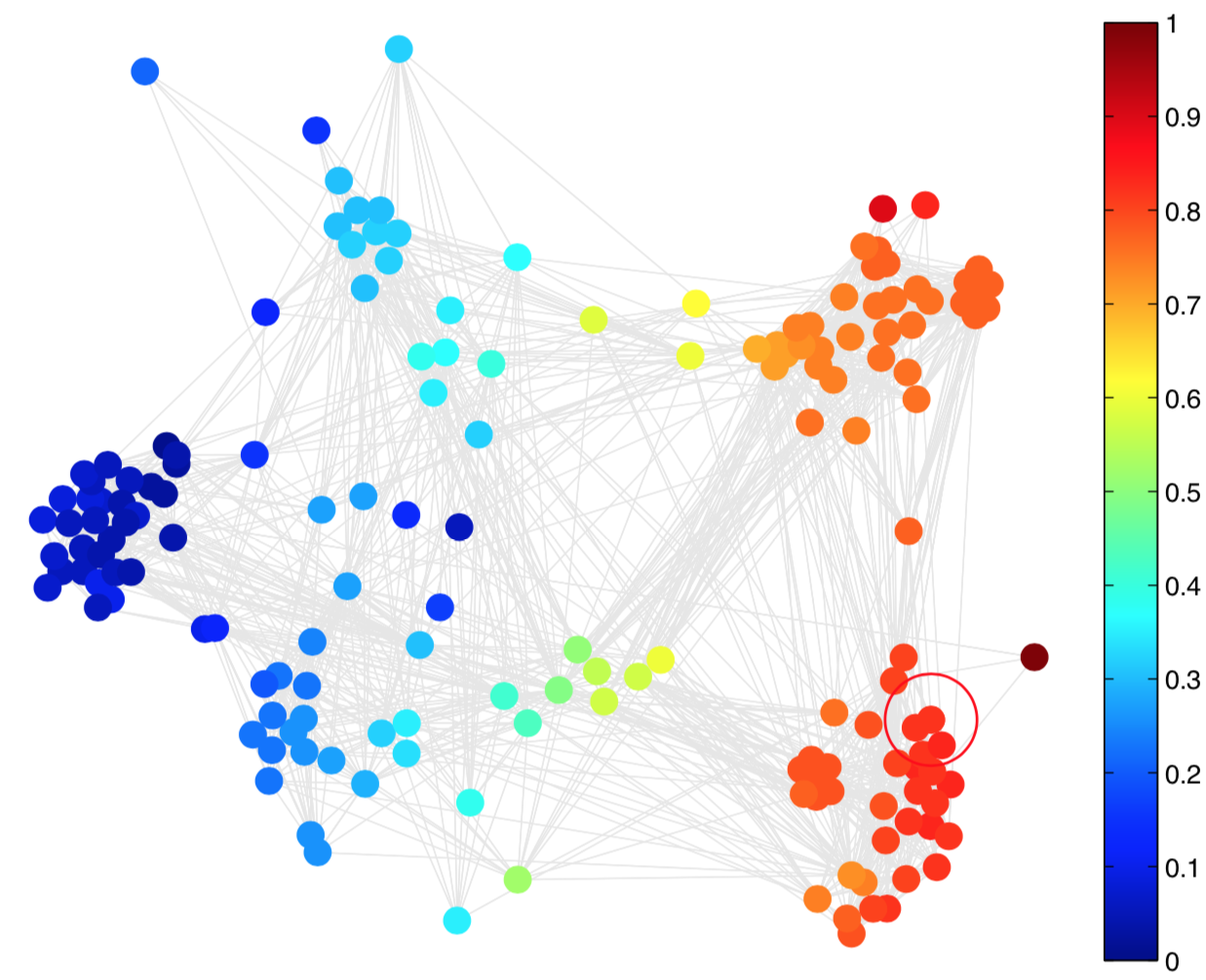|
|
OCKHAMOptimization, pHysical Knowledge, Algorithms and ModelsTeam leader: Rémi GribonvalKeywords: Graphs, Sparsity, Large scale optimization, Structured models, Dimension reduction |
Goals: To develop computationally efficient and mathematically founded methods and models to process high-dimensional data
Applications: Imaging science, Signal processing, Neuroscience
- FRUGAL METHODS WITH ROBUST EXPRESSIVITY
Sketching
Modern avatars of sparsity
Learning of structured tranforms
- MODEL INTEGRATION IN LEARNING ALGORITHMS
Learning of graphs and learning on graphs
Physics inspired neural networks
- INTERPRETABILITY, EXPLAINABILITY AND PRIVACY
Model identifiability in Machine Learning and Inverse Problems
Privacy-preserving learning
Main collaborations:
UMPA (ENS de Lyon)
SiSyPHe (Lab. Phys., ENS de Lyon)
Lund University (Sweden)
CMAP (Ecole Polytechnique)
IRISA (Université Bretagne Sud)
IMO (Université Paris-Saclay)
EPFL (Switzerland)
University of Edimburg (UK)
UCLouvain (Belgique)
Valeo.ai (Paris)
IRIT (Toulouse)

